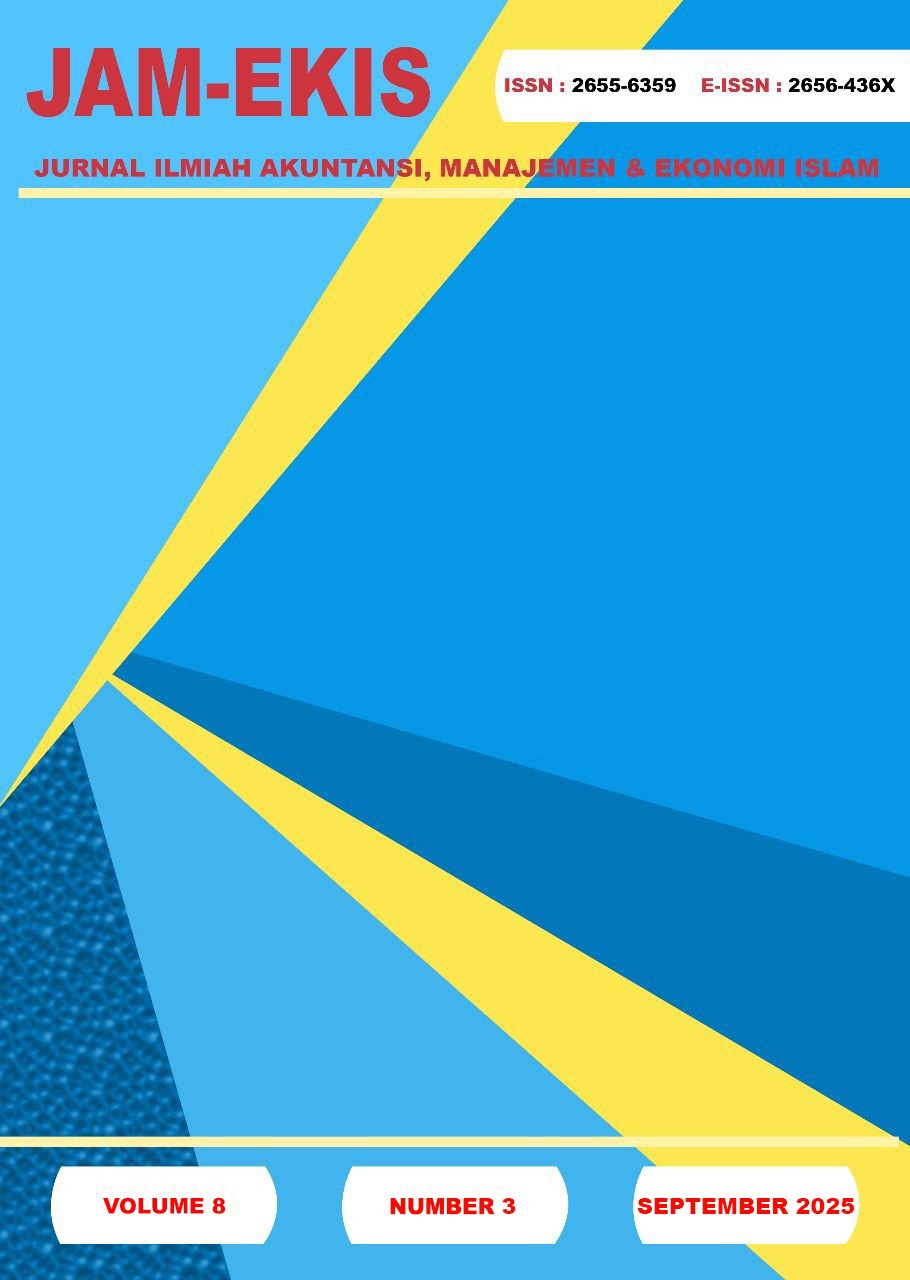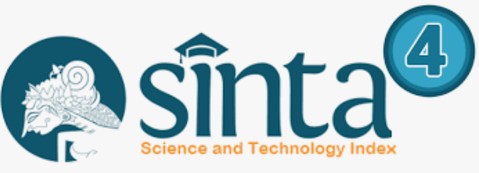FOMO AND FOBO IN ACADEMIC LIFE: A THEMATIC ANALYSIS OF STUDENT EXPERIENCES USING THE GROUNDED THEORY APPROACH
DOI:
https://doi.org/10.36085/jamekis.v8i3.8954Abstract
The phenomenon of FOMO (Fear of Missing Out) and FOBO (Fear of Better Options) is on the rise among students as a result of the use of social media and the demand to compete on campus. The aim of this study was to investigate students' experiences when dealing with FOMO and FOBO, as well as how this impacts their academic achievement. This qualitative research was conducted through in-depth interviews with 15 S1 students from various disciplines, the Grounded Theory approach. The data were analyzed thematically to find patterns and theoretical constructions that depended on the participants' experiences. FOMO and FOBO trigger anxiety, procrastination, and academic dissatisfaction, as well as encourage self-development efforts. Three main themes were also identified: (1) Social and Academic Pressure; (2) decision-making paralysis; and (3) Adaptation Strategies.FOMO and FOBO are controversial phenomena that affect students' academic lives. To reduce the negative effects, this study suggests digital literacy-based interventions and academic counseling
References
Dhir, A., Yossatorn, Y., Kaur, P., & Chen, G. M. (2018). Fear of Missing Out and Social Media: A Review of the Literature. Computers in Human Behavior, 88, 1-10. https://doi.org/10.1016/j.chb.2018.06.002
Elhai, J. D., Dvorak, R. D., Levine, J. C., & Hall, B. J. (2020). Fear of Missing Out, Sleep Problems, and Psychiatric Symptoms Among Young Adults. Psychiatry Research, 290, 113119. https://doi.org/10.1016/j.psychres.2020.113119
Przybylski, A. K., Murayama, K., DeHaan, C. R., & Gladwell, V. (2013). Fear of Missing Out: A Common Psychological Phenomenon. Computers in Human Behavior, 29(4), 1841-1848. https://doi.org/10.1016/j.chb.2013.02.014
Schwartz, B. (2004). The Paradox of Choice: Why More Is Less. HarperCollins.
Steel, P. (2007). The Procrastination Equation: How to Stop Putting Things Off and Start Getting Things Done. Psychological Bulletin, 133(1), 1-28. https://doi.org/10.1037/0033-2909.133.1.1
Topping, K. J., Buchs, C., Duran, D., & Van Keer, H. (2020). Effective Peer Learning: From Principles to Practical Implementation. Routledge. https://doi.org/10.4324/9780429430660
Wang, J. L., Wang, H. Z., & Wang, Y. (2020). The Relationship Between Social Media Use and Academic Performance: A Meta-Analysis. Computers & Education, 148, 103798. https://doi.org/10.1016/j.compedu.2019.103798







